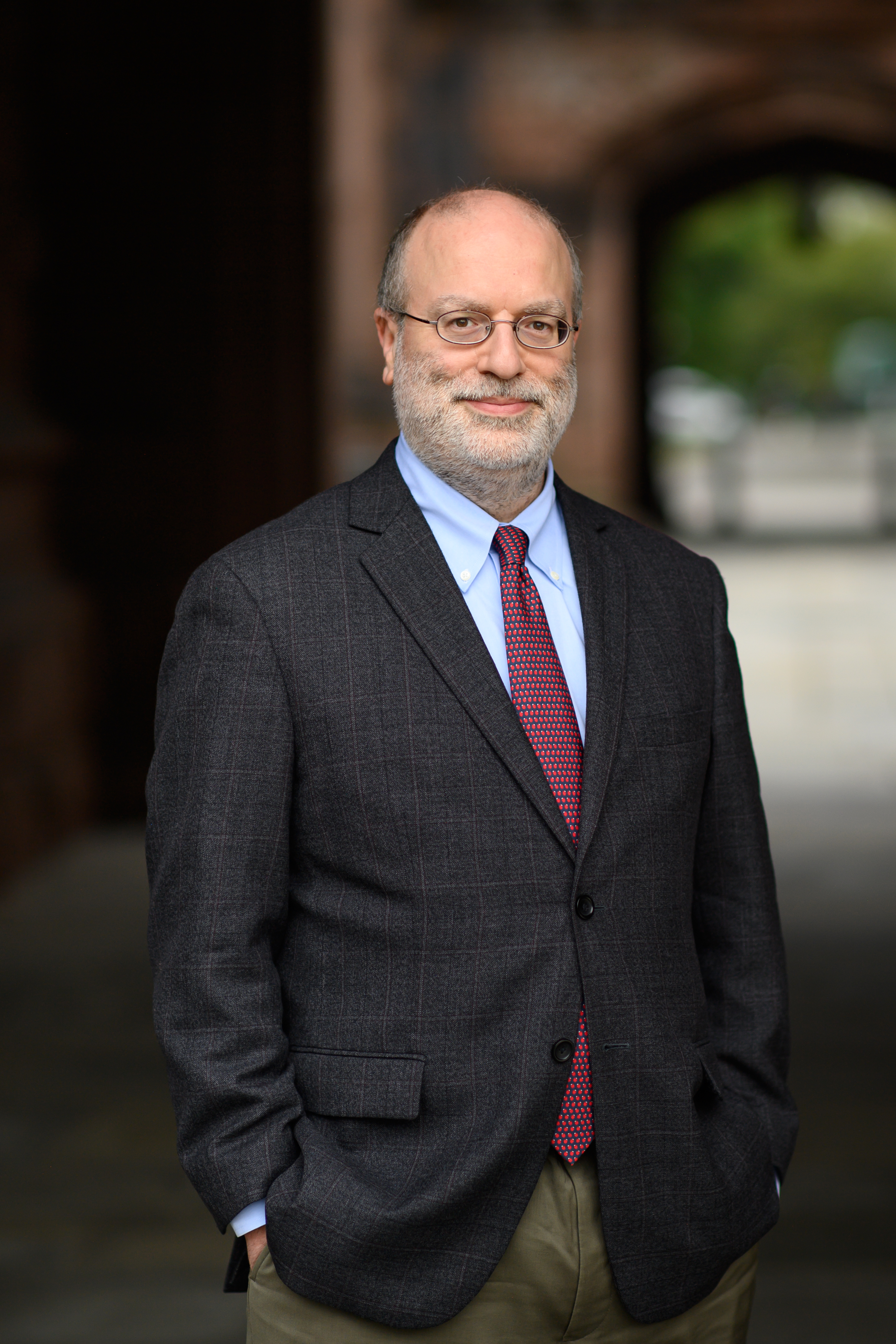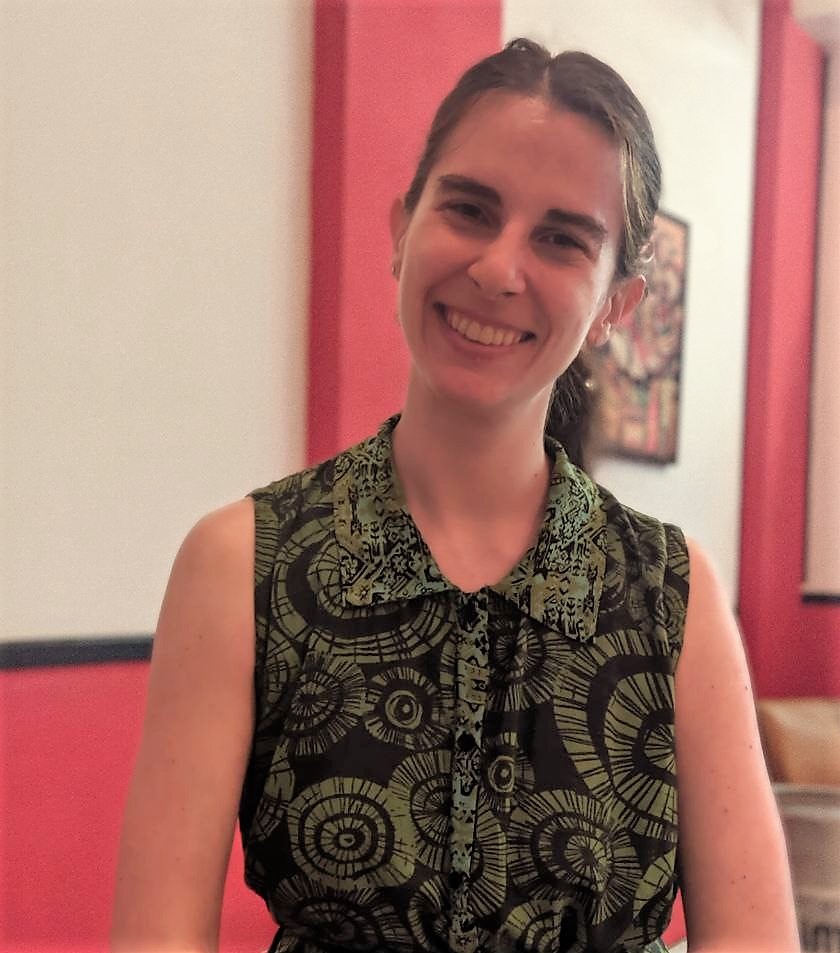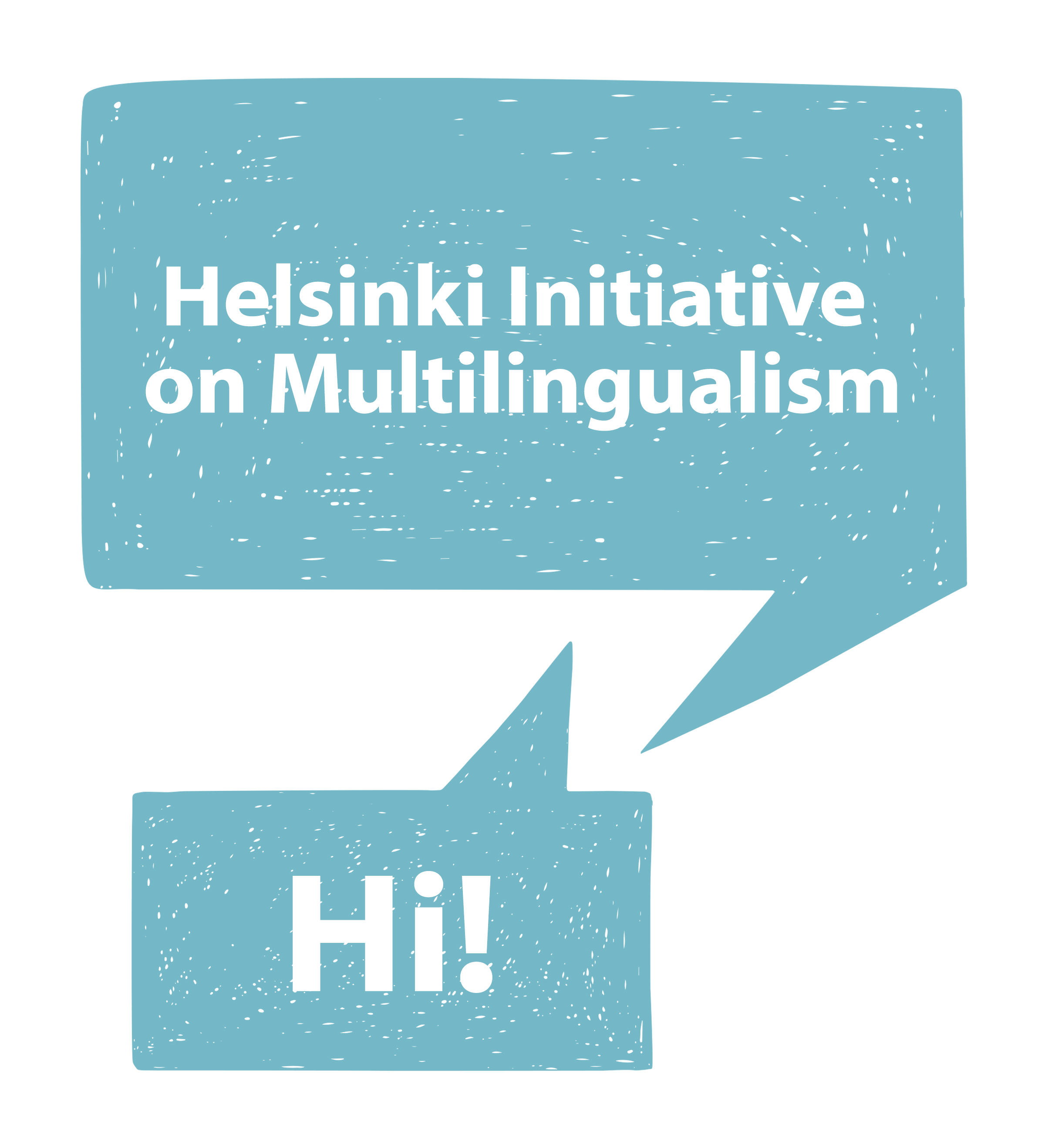2nd Helsinki Initiative Webinar on Multilingualism in Scholarly Communication
Helsinki Initiative organizes a webinar series on Multilingualism in Scholarly Communication with speakers representing different expert communities and strands of work. This event includes three presentations ranging from language policies to the role of national language journals and translations in science. The event is free and open for everyone to participate without registration. Unfortunately, due to a technical problem, a recoding could not be made available.
Date & time: 1 December 2023 15:00-16:30 CET
Programme
- Michael D. Gordin: The Inevitability of Translation in Scientific Communication
 gordin_inevitability_translation_scientific_communication.pdf
gordin_inevitability_translation_scientific_communication.pdf
Science for millennia in Europe and Asia has been strongly shaped by frequent and repeated translations of scientific texts among multiple vehicular languages. As multiple vernacular languages started to displace Latin in European scientific communication in the seventeenth century, and then recede in the face of English and Russian — and eventually just English as the overwhelmingly dominant tongue — in the twentieth, the activity of translation has receded into the background but has remained no less constant. Despite some of the claims for DeepL and AI (English-)text generation, the activity of translation in scientific communication is unlikely to diminish in importance in the twenty-first century, although its modes and visibility will surely shift.
- Lucía Céspedes: Implicit and explicit linguistic policies for scholarly communications in Latin America
 cespedes_implicit_explicit_linguistic_policies_latin_america.pdf
cespedes_implicit_explicit_linguistic_policies_latin_america.pdf
Drawing inspiration from categories developed by the current known as Latin American Thought on Science, Technology and Development, this presentation seeks to analyze whether explicit linguistic policies for scholarly communications exist in Latin America. In such case, are they aligned with researchers’ linguistic ideologies and representations, and do they foster or hinder the region’s intrinsic multilingualism?
- Vincent Larivière: The importance of French language journals for Canadian research
 van_bellen_lariviere_importance_french_language_journals .pdf
van_bellen_lariviere_importance_french_language_journals .pdf
Many Canadian scholarly journals in the social sciences and humanities are distinguished by use of French language. This presentation discusses, based on a new study co-authored with Simon van Bellen, the relevance of national French-language journals for Canadian researchers, their role in the dissemination of knowledge on national themes, as well as the viability and sustainability of these journals.
The event is hosted by Emanuel Kulczycki and Janne Pölönen.
For further information email helsinki-initiative@tsv.fi.
Speakers:
 Michael D. Gordin
Michael D. Gordin
Michael D. Gordin is Rosengarten Professor of Modern and Contemporary History at Princeton University, where he specializes in the history of modern science. His has written seven books on subjects ranging from nuclear history, the history of Russian and Soviet science, the history of fringe sciences, and the history of scientific languages. His book on the last topic, Scientific Babel: How Science Was Done Before and After Global English, was published in 2015.
 Lucía Céspedes
Lucía Céspedes
Lucía Céspedes holds a doctoral grant from the Consejo Nacional de Investigaciones Científicas y Técnicas (CONICET) and is a Research Assistant at the Scholarly Communications Lab (Simon Fraser University/University of Ottawa). Her research brings together sociolinguistics, social studies of science and technology, and scholarly communication, in order to analyze conditions of production and circulation of scientific knowledge in centres and peripheries.
 Vincent Larivière
Vincent Larivière
Vincent Larivière is a full professor at École de bibliothéconomie et des sciences de l’information of Université de Montréal, and he has been appointed the first UNESCO Chair in Open Science. His research investigates the characteristics of global research systems, social determinants of researchers’ scientific activities, as well as the transformations, in the digital world, of the modes of production and dissemination of scientific and technological knowledge.
